So many foods you can feed your dog!
Surprisingly, despite their name, dog treats aren’t always the best snacks to give your dog.
Some of them are high in fat, others contain cheap filler ingredients that can be difficult for your canine to digest, and there are even some treats that are said to be toxic for your dog.
Simply put, whether you’re training your pet or simply rewarding them for being a good dog, most dog treats you’d buy from a store just aren’t as good for your fluffy friend as good old fruits and vegetables.
*NOTE: After this list are foods you should NOT feed your dog.
Here’s a list of 15 foods that are healthier for your dog than dog treats:
Foods You Can Feed Your Dog
Apples
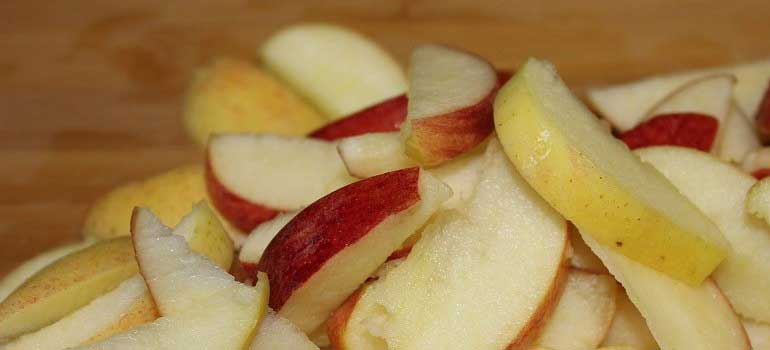
When you’re a Macintosh or a Granny Smith type of person, you can share that healthy snack with your pup. Apples contain fiber as well as vitamins A and C and, unlike some dog treats, are low in fat. Just make sure that you remove the seeds and core before feeding it to your dog.
Cucumbers
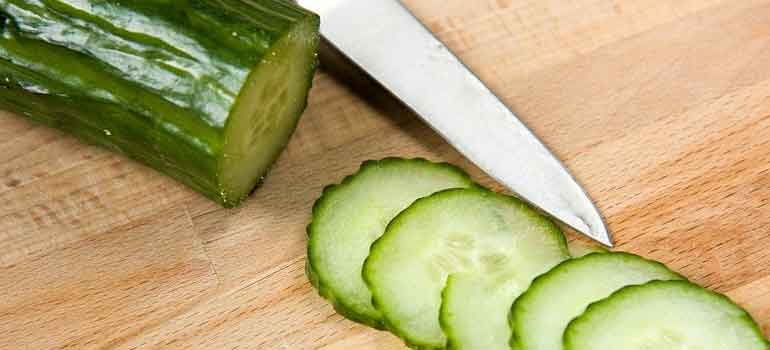
This is an especially good treat for dogs struggling with obesity since they contain no carbs, fats, or oils, and they help increase energy. Additionally, they’re a great source of copper, magnesium, biotin, potassium, and vitamins K, C, and B1. High in vitamins, makes it a great food to feed your dog.
Bananas
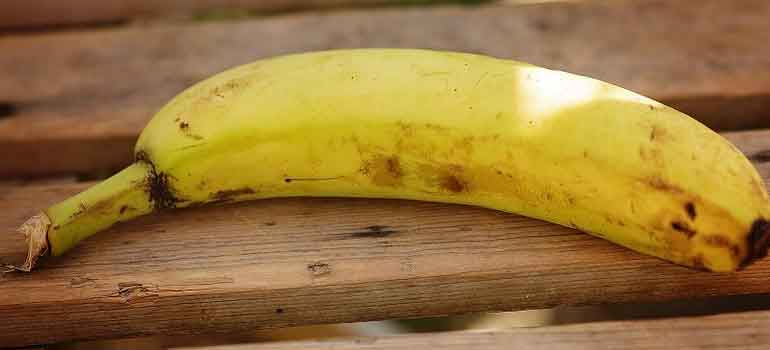
Because bananas are high in sugar, you should restrict the amount that you feed your dog. Aside from that, they’re high in potassium, biotin, fiber, and copper, and they’re low in cholesterol and sodium. Cut them into coins and freeze them for a post-walk treat.
Strawberries
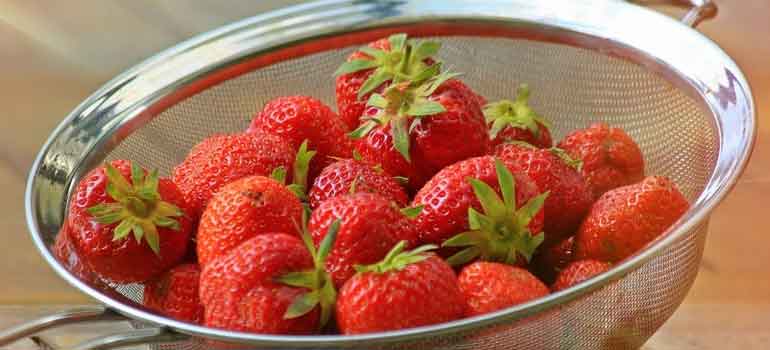
Like bananas, strawberries are high in sugar, so should only be fed to your dog in moderation. They are, however, rich in fiber and vitamin C, and can even help whiten your pup’s teeth.
Pineapple
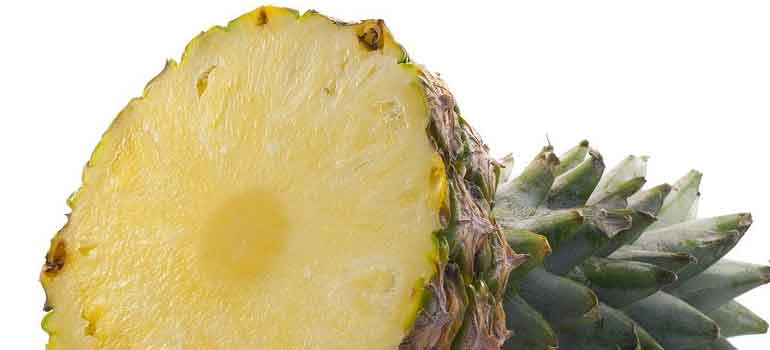
Without the rough exterior, of course, pineapple can be a nice treat for your dog. It contains various vitamins and minerals, in high in fiber, and it also has bromelain, which is an enzyme that helps dogs absorb protein more efficiently. It also happens to be an anti-inflammatory, which can help alleviate pain from certain conditions that your dog may be prone to.
Watermelon
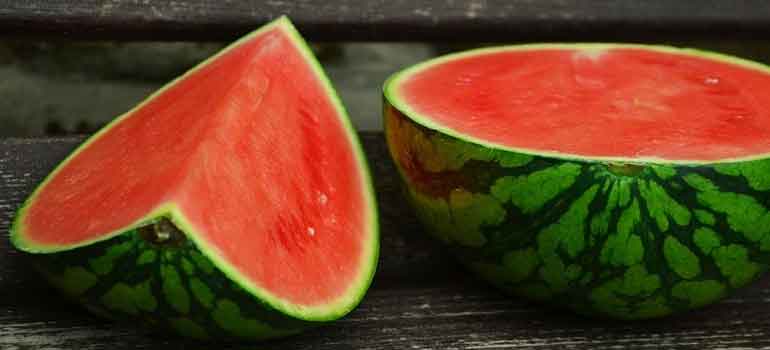
Of course, you should never feed your dog the rind of seeds of a watermelon, as they can result in intestinal blockage. However, the red meat of the fruit is a great treat. It contains vitamins A, B-6, and C, and because it’s more than 90% water it will help keep your dog hydrated, making it particularly great for the summertime.
Orange
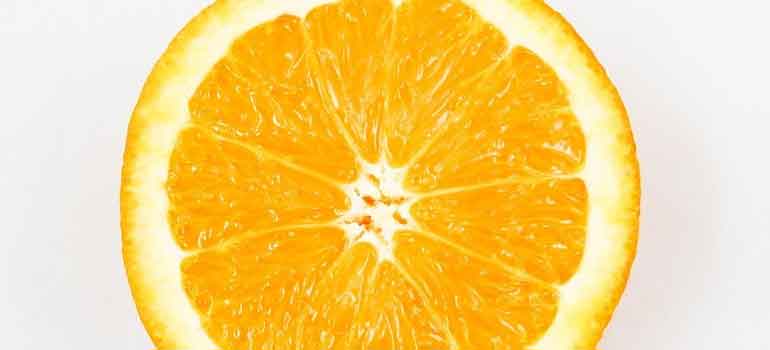
Just like watermelon, make sure to remove the peel and seeds. The serving size for oranges is different depending on the size of your dog. If you have a small dog, restrict their orange intake to just about 1/3 of the fruit per day. For a large dog, you can increase that to one full fruit.
Blueberries
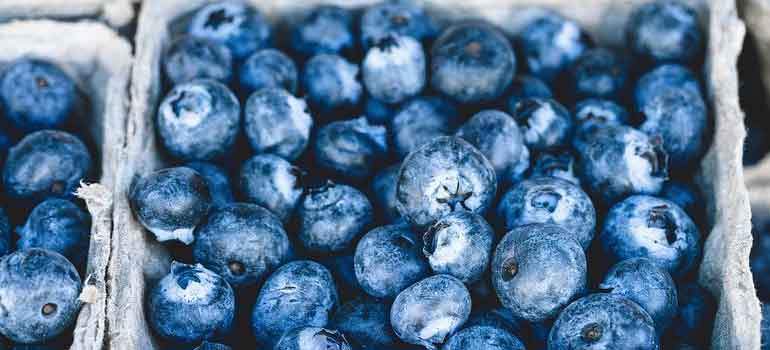
Because of their small size, blueberries are especially great for training. And unlike training treats you’d find in a pet store, these contain antioxidants, fiber, and phytochemicals.







Peaches
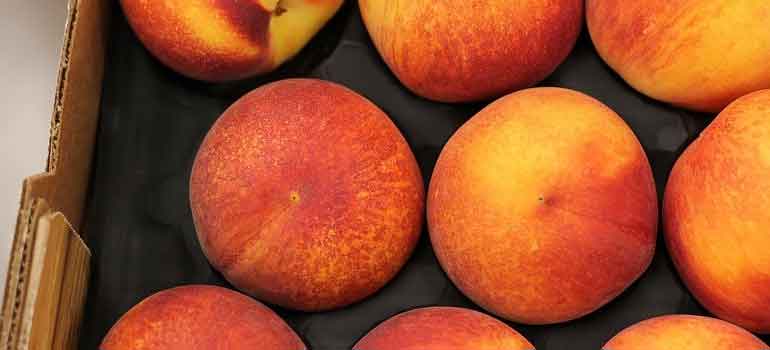
Peaches are great for adding fiber and vitamin A to your and your dog’s diets. They can also help fight infection. Just be sure to keep your pet away from the pit.
Carrots
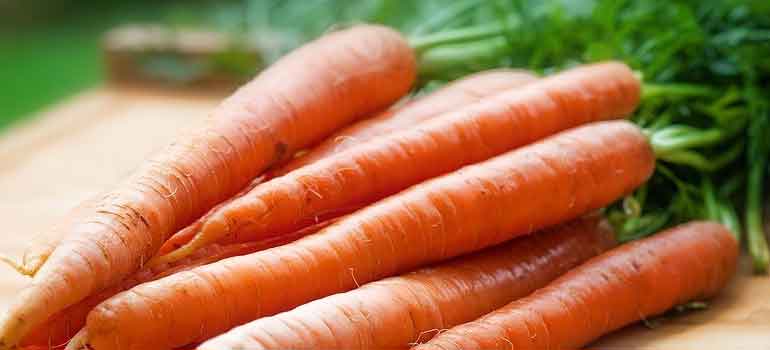
Carrots are a great treat to share with your dog because they’re low in calories, but high in fiber and beta-carotene. Beta-carotene converts to vitamin A in both your and your dog’s bodies, which can help improve skin, hair, and vision. Additionally, their hard crunch is good for your dog’s teeth.
Mango
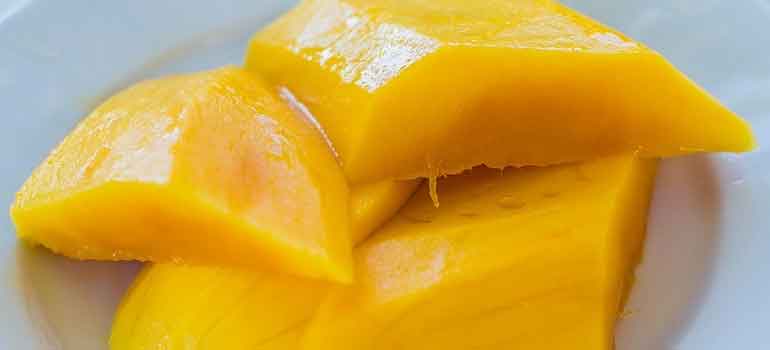
When your dog is drooling on your knee as you scarf down this delicious summer fruit, feel free to send a few pieces their way. Mangos are rich in vitamins A, B-6, C, and E, and they contain plenty of potassium, beta-carotene, and alpha-carotene.
Pears
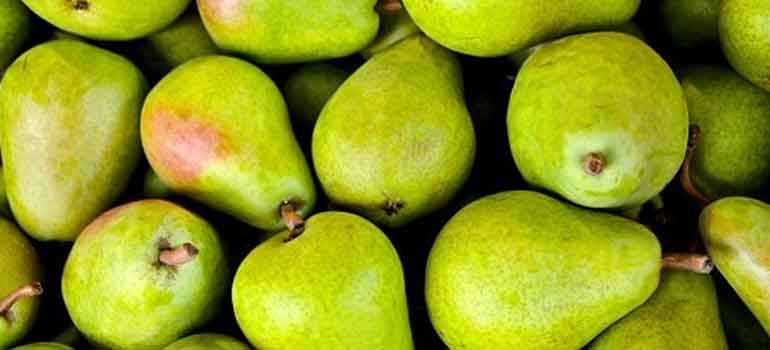
Like apples, you first need to remove a pear’s core and seeds before feeding it to your dog. They’re high in copper, fiber, and vitamins C and K. Some say they can even significantly reduce the risk of stroke. One of the great foods you can feed your dog.
Potatoes
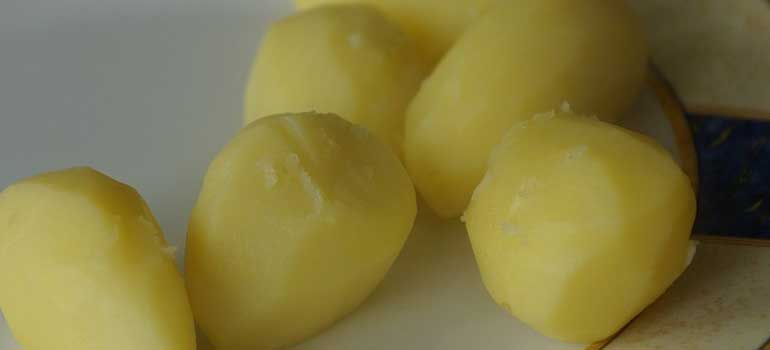
Raw potatoes are a no-go, but cooked, plain potatoes (simply boiled or baked with no spices or dairy products) could make a great, iron-packed snack for your best friend. Same goes for cooked, plain sweet potatoes, which are also a good source of fiber, beta-carotene, and vitamins B-6 and C.
Raspberries
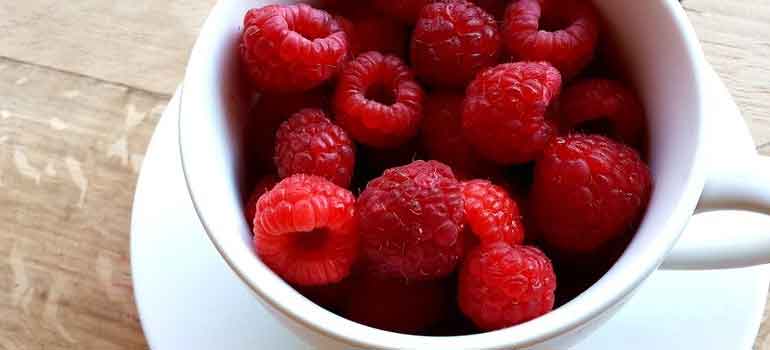
Raspberries are full of antioxidants, fiber, manganese, and vitamin C, and are low in sugar and calories. Like pineapples, they are also an anti-inflammatory, making them especially great for senior dogs that may be struggling with arthritis or other painful ailments. While they make a good snack for your dog in moderation, make sure to limit their intake to less than a cup per day. Despite all their benefits, raspberries do contain small amounts of Xylitol, which could be toxic in large amounts.
These are just some of the foods you can feed your dog.
Foods You Should Not Feed Your Dog
Unfortunately for your dog, no matter how much or how cute they beg, you can’t feed them just any fruit or vegetable. While the ones listed above have the green light (as long as you remove any rinds, pits, seeds, and cores), be sure to keep your dog away from these:
- Grapes and raisins
- Tomato
- Avocado
- Mushrooms
- Onions
- Garlic
- Cherries
This is just a short list, but there are many other foods that you should not feed your dog.
Disclaimer: Bleeping World is not a veterinarian. If your does is suffering from any allergies or other medical conditions please seek a professional before attempting to feed your dog certain foods.


![A Better [Buy Now] Button | Call-to-Action Tips & Tricks](https://www.bleepingworld.com/wp-content/uploads/2019/11/A-Better-Buy-Now-Button-Call-to-Action-Tips-Tricks-800x445.jpg)

